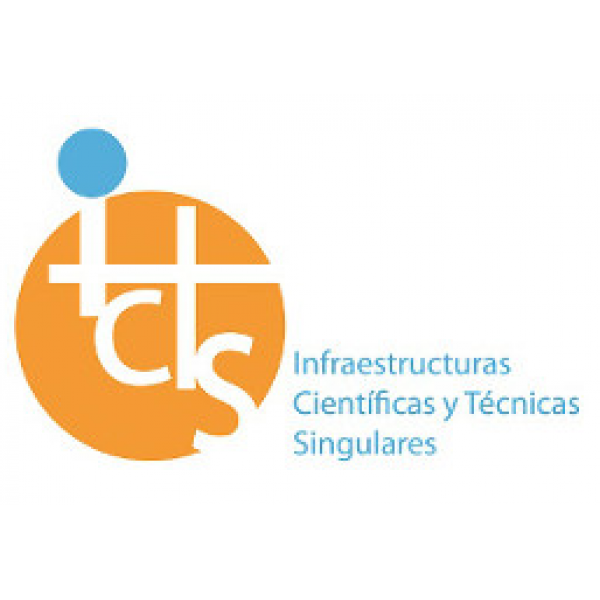- The online database provides the genomic profile of 461 antibiotic-resistant bacterial strains collected from 41 hospitals across 13 different regions of Spain.
- The medical resource was made possible by new genomic methodology, which allows to obtain complete bacteria DNA sequences...
- The medical resource was made possible by new genomic methodology, which allows to obtain complete bacteria DNA sequences...
- A study co-led by the Institut de Biologia Evolutiva and the Pompeu Fabra University with Illumina and the Baylor College of Medicine, with the collaboration of CNAG, identifies hundreds of thousands of constrained regions, in the noncoding human genome, by comparing the largest database of...
The Centro Nacional de Análisis Genómico (CNAG) has significantly contributed to the international study, performing Whole Genome Sequencing (WGS), the genome assembly and annotation.
The research, ‘A chromosome-level reference genome for the common octopus, Octopus vulgaris (Cuvier,...
The research, ‘A chromosome-level reference genome for the common octopus, Octopus vulgaris (Cuvier,...
IMEDEA and the Centro Nacional de Análisis Genómico (CNAG) decrypt the genetic code of the pearly razorfish (also known as raor), with the support of the Catalan Initiative for the Earth Biogenome Project (CBP) through the Institut d’Estudis Catalans.
This first genetic map of the species is a...
According to our commitment to people's health and quality of life, the CNAG has taken a further step towards developing the Spatial Genomics Team, a highly innovative field in Single Cell Genomics whose main objective is to study the content and expression of the genome gene expression within its...
The Centro Nacional de Análisis Genómico and the VIB-KU Leuven Center for Brain & Disease Research have led this groundbreaking study, published in the prestigious journal Nature Biotechnology
The study, which is part of the Human Cell Atlas project, compiles a systematic examination of...
















